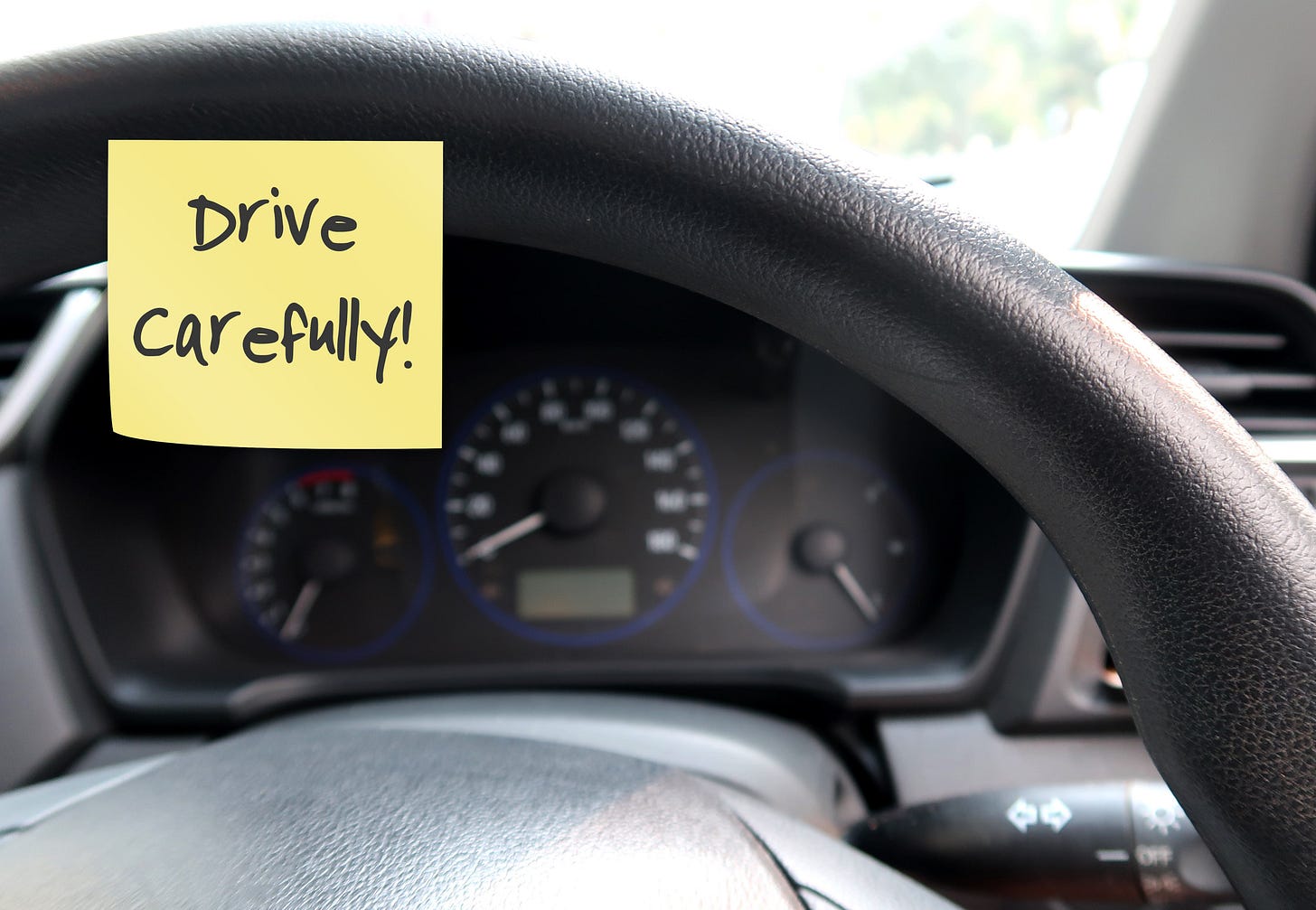Considering Church Organizational Changes? Drive Defensively.
Seasoned church members are probably not as averse to changes in the practices of their church as much as they are to feeling like they were marginalized during those changes. It seems like their opinions are no longer wanted or needed, and their convictions are discounted as antiquated.
I can imagine some of those veterans see those changes as something that will require them to trade the comfort of what was, for the uncertainty of what will be. So, it seems like the price they paid through years of blood, sweat, tears, and tithes is now being used to build a wall that sidelines or keeps them out completely.
Like many of us, I was taught to drive defensively in high school driver’s education. Defensive driving is operating a motor vehicle with an intentional awareness of your surroundings and a consideration of other drivers on the road. A defensive driver goes beyond the acceptable rules and basics of driving to reduce the risk of collisions. He or she plans for the unexpected, anticipates adverse conditions, reacts to and respects other drivers, controls speed for quicker reaction time, and doesn’t make assumptions about the intentions of the other drivers.
As a teenager I learned the value of driving defensively when I was involved in a minor traffic accident. The senior adult gentleman driving the other vehicle was ticketed for failing to yield to oncoming traffic, thus causing the collision. But when I walked over to ask if he was hurt, he responded with, “You were driving too (expletive) fast.” I was certainly driving at a permissible rate of speed by law and obviously had the right of way; yet he blamed me for the collision because I was going too fast for him.
In retrospect, I realize my immaturity and inattentiveness didn’t allow me to even notice his vehicle entering traffic from the side street until it nailed my right front fender. So, even though this collision was not officially my fault, I wonder if it could have been avoided had I been driving more defensively?
Am I driving defensively is a great question for those of us responsible for initiating changes in our churches to consider before making those changes. Craig Satterlee wrote, “Any change can be approached as either a threat or an opportunity, either a cause for celebration or a reason to despair.”[1] So, are we inattentive as we move quickly from here to there without even considering our surroundings and the intentions of others along the way? Or are we planning for the unexpected, controlling our speed, and respecting the intentions of others on that road with us?
[1] Craig A. Satterlee, When God Speaks through Change (Herndon, VA: The Alban Institute, 2005), 6.




